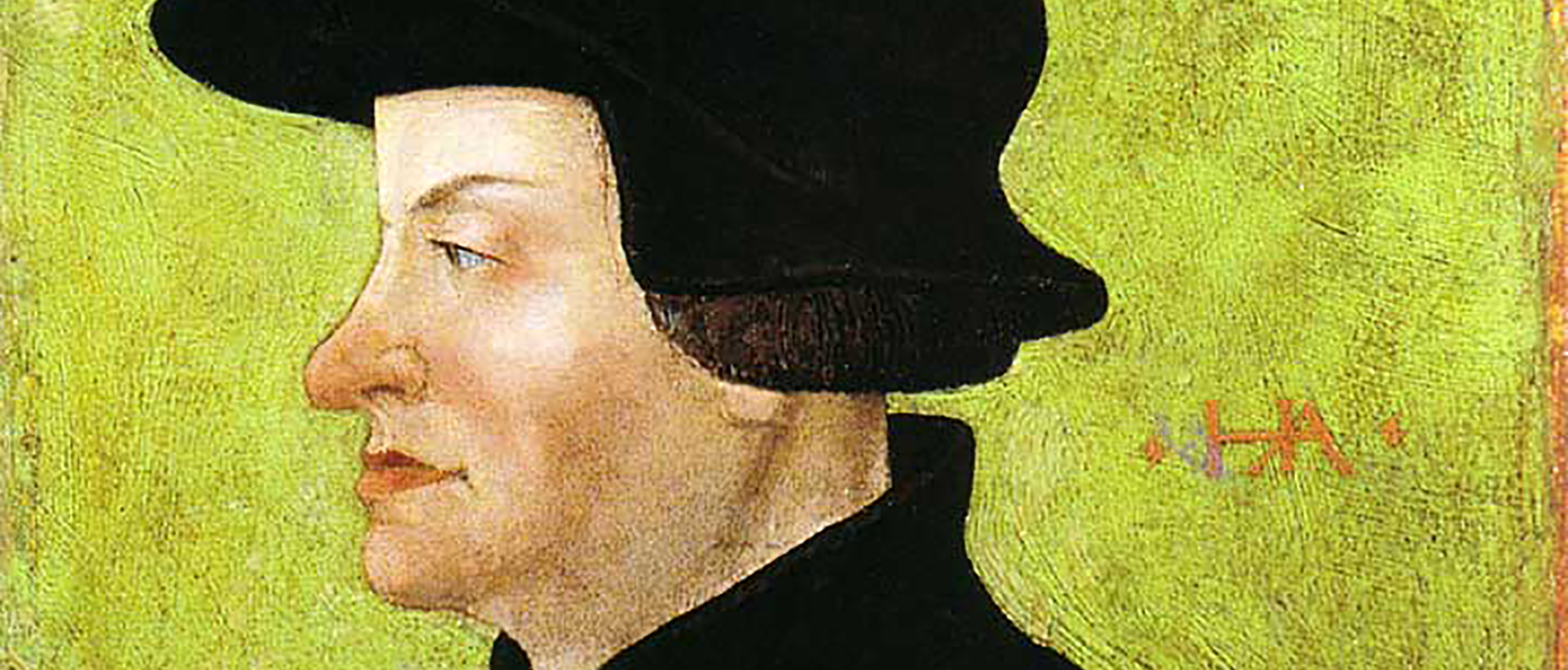There is a story told in Mary Shelley’s Frankenstein about a young French man and an Arabian woman who fall in love. As Frankenstein’s monster is telling his creator about how he came to understand language, sorrow, love, and human feeling, he retells the love story of Felix and Safie, a young couple who inhabit the cottage into which he is spying. Frankenstein is a rich novel, and the autobiographical tale of the monster is especially moving, but there is a tangent within it that I found particularly interesting.
Login to read more
Sign in or create a free account to access Subscriber-only content.
